There are good and bad ways to learn the piano. It is however important how you learn as a beginner because it eventually affects your experience as you advance. You should note that having access to your own piano (or keyboard) makes your learning experience easier and faster. With it, you can start your concentrate better on learning and practising. Here, we have compiled some of the best tips and methods to learn piano for beginners.
Contents
Create a Goal
One of the best ways to learn is to set realistic goals for yourself. If you just practice haphazardly without setting a clear goal, you would most likely not achieve anything tangible. Create a goal to learn a song, master a technique et cetera. Attaching a timeframe to your goals is what makes all the difference, so ensure you are not writing goals only but setting to accomplish them.
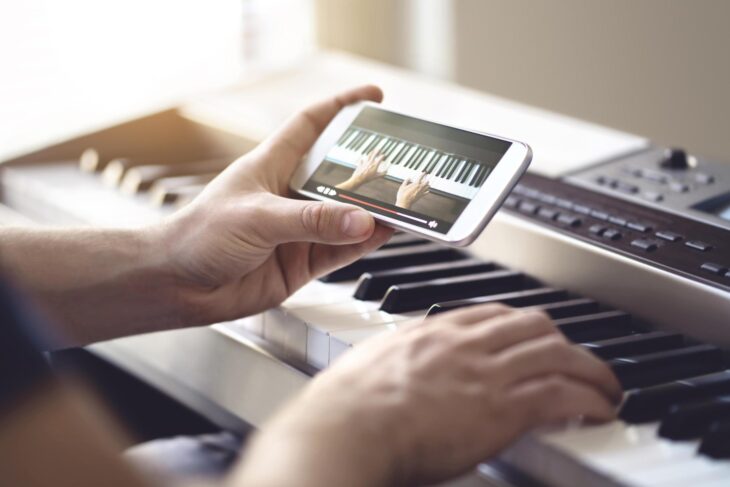
Source: CNN.com
Master the basics
This looks like an obvious fact but many beginners tend to run ahead of themselves to play artistically from the start. Instead, try to master basics like your posture as it helps reduce the strain on your hands caused by lots of repetitive movements. Also, you can number your fingers to properly understand fingering. Remember to always start from your right hands alone before moving to both hands. Another thing is to master the basic chords and rhythms that make up the songs you are practising. The best way to do this is to specially set aside time just for learning basics. A quarter of your practice time will be just fine.
Do not check your hand excessively
As a beginner, it’s very tempting to look at your hands now and then. You must keep your eyes away from your hands while playing. This is because your brain tends to recollect your mistakes and how they were made thereby making it consistently harder to master the piece. The best way to help yourself is to keep the book above your hands so that it would you would not be able to look down as your concentration would be on the book. This does not mean you cannot check your hands, but now you would be moving only your eyes rather than your head which is a more effective way to play.
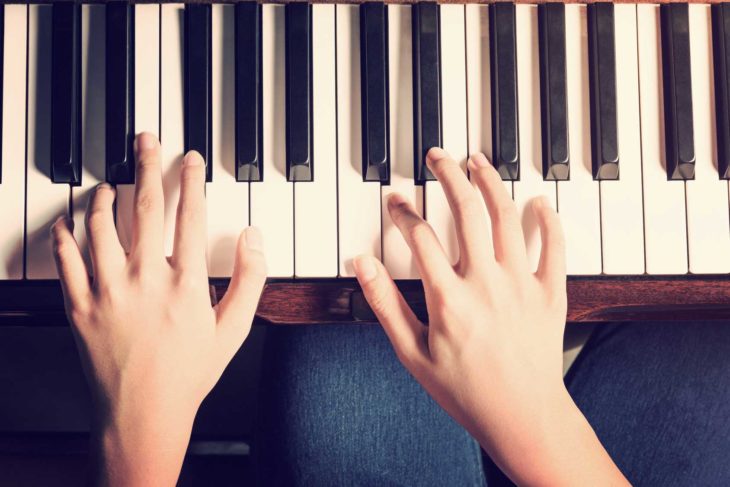
Source: Music Advisor
Have a consistent practice schedule
Invest the time needed to learn by creating a practice schedule and dedicatedly sticking to it. Use the advantage of your schedule to accomplish your set goals. The more time you spend training, the better you get. You can also apply the Pareto (80/20) principle during your training. This principle states that 80% of results only come from 20% of the effort put in. Instead of trying to learn everything, focus only on the piano skills that once you master, everything else will be easier.
Slow things down
I know you’re excited but you should not rush things. In fact, you will learn very slowly if you try to play fast as a beginner. Instead of trying to be fast, work more on your accuracy and make sure you are playing correctly. As you play over time, you would naturally begin to get faster and still play accurately altogether. Don’t be tempted to play easier areas at a faster pace than other parts of the piece. Playing at the tempo you are most comfortable with help to avoid breaking the piece several times. Remember that we noted that your mistakes and inconsistencies will only stick faster in your brain so it’s better to avoid making them. You can use a metronome to help you slow down. If you are confused about what speed to use, a great place to start is a tenth of the music speed.
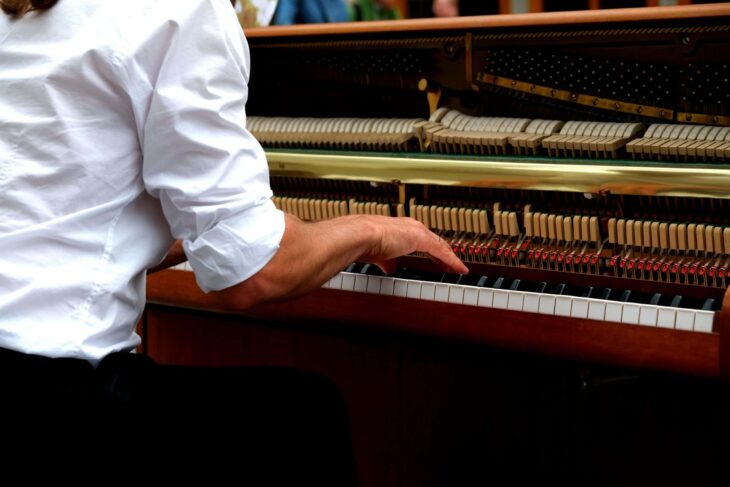
Source: Instrumental Global
Warm-up before practice
Apart from being a standard practice, a warm-up is very beneficial to avoid injuries such as carpal tunnel and tendinitis. Warm-up by stretching your hands as it will help remove stiffness and allow blood flow.
Practice music you love
The emotional connection you have with songs you love make your piano lessons fun. They connect with your brain in such a way that it aids and sharpens your memory. This helps in no small way to enhance your learning experience.
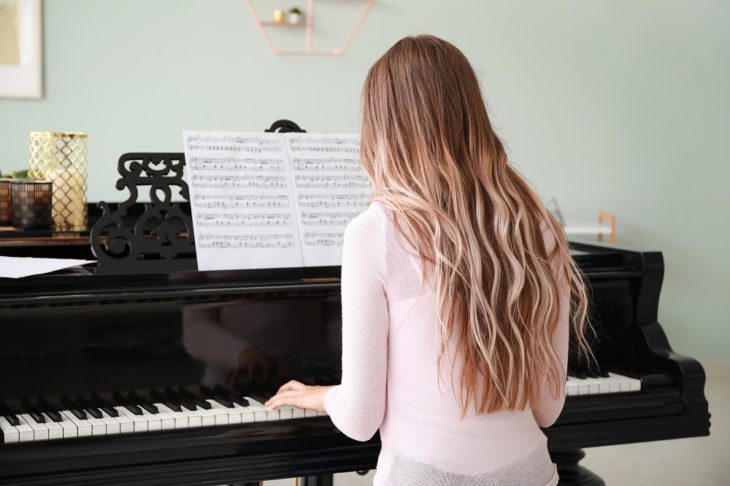
Source: AdobeStock
Maintain rhythm
The rhythm and tempo are the most basic elements and must not be mixed up. If you practice your rhythms well, you can still sail through your piece without being sure of the exact chords and note. If you keep to your rhythm while playing, you will do well even if you make a few errors.
Take a break
During your practice, learn to take periodic breaks, especially if you are practising for long hours. You could go on breaks as often as you feel necessary but up to 30 minutes is considered long enough to go for one. The most important thing is not to weigh yourself down completely as the short breaks help you maintain concentration for a longer period.
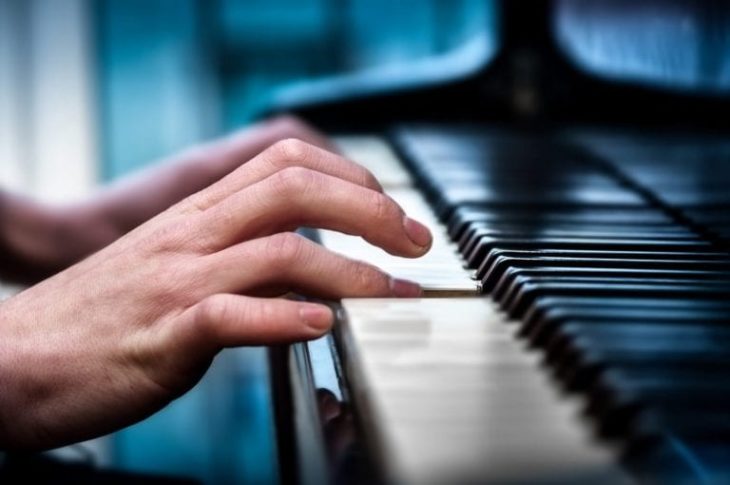
Source: merriammusic.com
Play by the ear
Also known as ear training, this is simply listening and learning from a lot of master pianists at work. Their professional work helps you to know how great music should sound and gauge your progress. It also helps you to learn various styles and techniques thus improving your own techniques. Overall, hearing others is a great source of inspiration for every beginner.
Get a teacher
Even though there’s a lot you can learn on your own, this approach may be slow for some beginners. Furthermore, a knowledgeable and experienced teacher will help you to save time, correct your bad piano habits and help you make tremendous progress overall. You can get seasoned piano teachers at https://www.learnviolinlessonss.net/piano-lessons
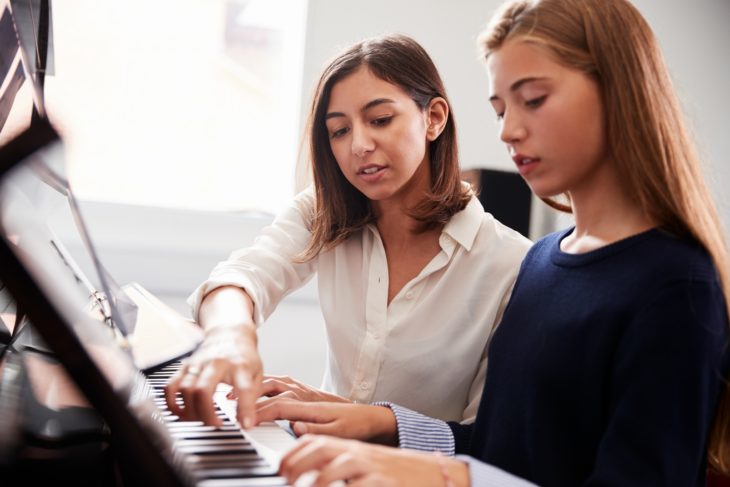
Source: Modern Piano Moving
Conclusion
The piano is a great instrument to learn for both adults and children alike. Anyone who put these tips to practice whether consciously or not will definitely boost their piano learning experience. It takes a while to master the piano therefore the best time to start your journey is now. No doubt, starting at a young age is an advantage; regardless, with constant learning and self-development, you also can become a professional and master of the piano
